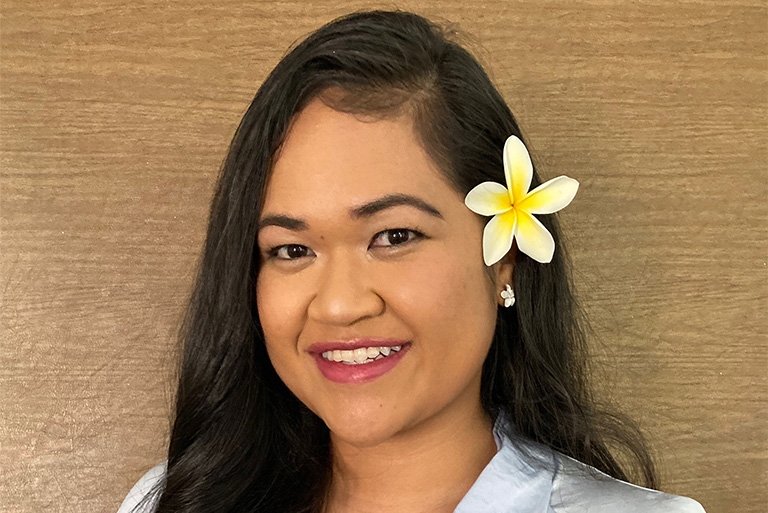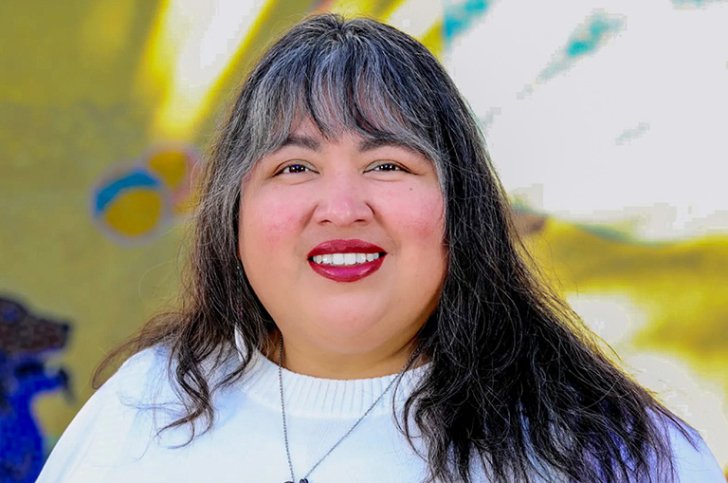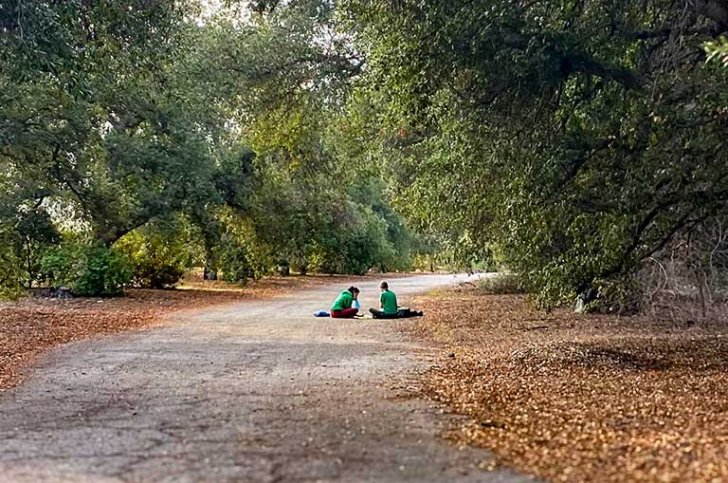APIDA Heritage Month Spotlight: Corina Penaia ’16
Meet Pitzer alumna Corina Penaia ’16, who engages in health policy and management, data research, and community-building to highlight the stories and needs of Native Hawaiians and Pacific Islanders.

What do you do currently?
I am a first-year doctorate student at the UCLA Department of Health Policy and Management program. I’m also supporting the efforts of the Native Hawaiian and Pacific Islander Data Policy Lab at the UCLA Center for Health Policy Research as the community engagement and research director.
How does your culture, family background, and history influence your work or your life?
From a young age, my parents and family instilled in me the value of service and respect for others. My parents immigrated from the South Pacific to the States. They worked very diligently to build a life here and ensure that my sibling and I had access to the resources we needed to succeed. I am proud to come from a lineage of folks who are known for their leadership and service to the community. The biggest thing for me is reciprocity: giving to those who have given to me and not expecting anything in exchange. Pitzer laid that foundation for me to think critically how I can better serve as an individual.
What does APIDA Heritage Month mean to you?
This month is an opportunity for us to acknowledge the meaningful progress that has been achieved to not only elevate these communities but also continue fighting for the ongoing racial injustices. It’s a time for us to pause and pay respects to those who have contributed historically to building the infrastructure of the US. It’s a time for everyone to think critically about how to provide better support and be a better ally.
It also reminds me of the tireless efforts that my community members, elders, and ancestors have contributed to emphasizing the importance of distinguishing between the two groups—Native Hawaiian and Pacific Islanders and Asian Americans. I am Samoan, Chinese, and Japanese. I’ve learned to see both sides of using APIDA, AAPI, and all the terms that lump us together but try to celebrate our intersectionalities. Often, however, the term APIDA or AAPI or similar acronyms can be harmful for those who are overlooked or who feel like this term doesn’t capture their experience. We know that from the data perspective, whether it’s health, education, or socioeconomic status, there are so many differences between these groups. We have so much cultural, historical, and colonial diversity. Hopefully, this month (and throughout the year) will be a time for people to build more consciousness and understand that each of community comes from special and different places.
About Pitzer College
Founded in 1963 as a member of The Claremont Colleges, Pitzer College is an academically rigorous, inclusive liberal arts institution committed to open inquiry, community engagement, and educational access for all students. Rooted in a commitment to social justice, environmental sustainability, and meaningful community engagement, Pitzer empowers students to think boldly, act with purpose, and contribute to a more thoughtful and compassionate world.
News Information
Published
Author
Bridgette Ramirez


